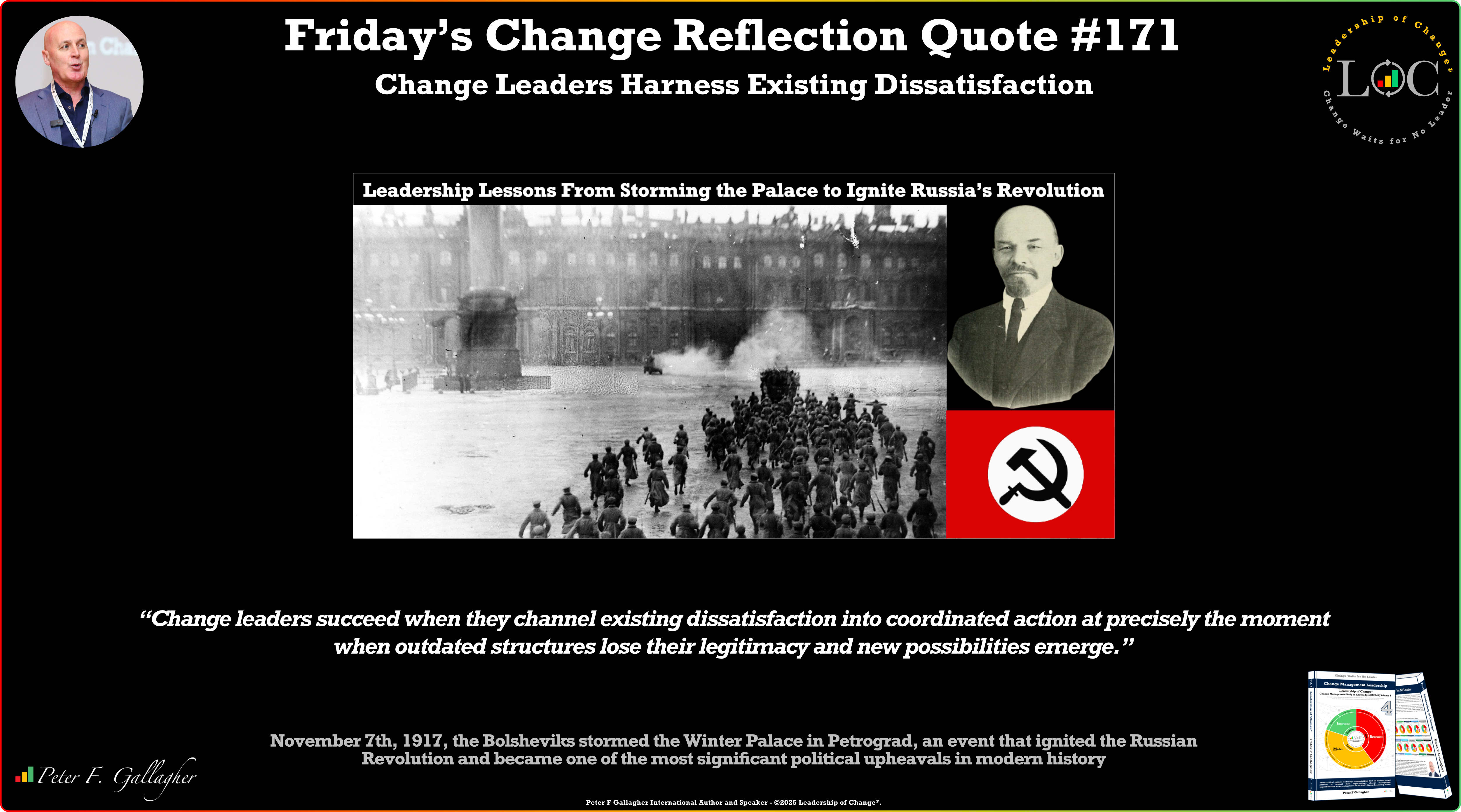Jul09

In climate circles, we’ve gotten comfortable talking about demand. Cut emissions. Electrify transport. Install solar panels. Swap gas boilers for heat pumps. Retrofit buildings. All absolutely essential. But there’s a blind spot we keep dodging: fossil fuel production. We are still pouring capital, labour, subsidies, and policy momentum into the supply of fossil fuels, as if the laws of physics and atmospheric chemistry simply don’t apply at the source.
That contradiction lies at the heart of the conversation I had recently with Tzeporah Berman, Chair of the Fossil Fuel Non-Proliferation Treaty Initiative and one of the most articulate voices making the case for a global mechanism to wind down fossil fuel production. But what Tzeporah illuminated isn’t just a policy gap, it’s a crisis of logic, and one that imperils all our climate targets.
Because here’s the thing: we can’t burn what we don’t produce. And right now, we’re producing far, far too much.
According to the 2023 UN Production Gap Report, governments around the world are on track to produce more than double the amount of fossil fuels in 2030 than would be consistent with limiting warming to 1.5°C. In fact, they’re planning to extract 110% more oil, gas, and coal than would be consistent with the 1.5°C target, and 69% more than would be consistent with the 2°C target.
That’s not an oversight. That’s policy. That’s inertia. That’s fossil fuel companies leveraging their record profits and lobbying power to shape energy futures that lock in carbon emissions long after renewables have become cheaper than legacy fuels.
Tzeporah points out something many people working in energy policy have known for years but struggled to make centre-stage: the Paris Agreement doesn’t even mention fossil fuels. The words “oil,” “gas,” and “coal” appear precisely zero times. That omission is not just symbolic, it’s systemic.
The dominant theory, championed by even well-meaning climate leaders, is that we can just electrify everything, and let market forces gradually starve out fossil fuels. Build more solar, wind, and batteries, and eventually, they’ll become so cheap and ubiquitous that the demand for coal, oil, and gas will fade away.
It’s seductive. It’s also false.
Because fossil fuel markets are distorted beyond belief. The IMF estimates $7 trillion per year in fossil fuel subsidies, which is equivalent to 7.1% of global GDP, and that includes everything from direct production incentives to the staggering socialised costs of air pollution, healthcare, and disaster response.
These subsidies keep uncompetitive fuels alive. Worse, they empower fossil exporters to undercut clean tech on price, delay transition policies, and paint a fantasy of “clean oil” or “abated gas” through expensive, failed tech like carbon capture and storage.
Meanwhile, global oil and gas majors, flush with war-time profits, continue to expand production. ExxonMobil, for example, plans to spend $140 billion (with a b) to increase oil production in the Permian Basin by 25% between 2023 and 2027. And, Saudi Aramco, the world's most profitable company, has pledged $150 billion in new oil and gas investments over the next decade. These are not signals of a system in managed decline, they're a bet on significantly growing their death machines.
Tzeporah calls out the sleight of hand we see in net zero commitments. The term, increasingly hollow, has been co-opted as a licence to carry on emitting today while waving vague promises of offsets and carbon removals tomorrow.
Let’s be clear: net zero does not mean zero fossil fuel production. In many cases, it’s the opposite. It means burn now, capture later. But that “later” is speculative, underfunded, and massively underdelivering. A recent preprint study cited by Carbon Brief estimates that just 12% of carbon-offset projects currently in operation result in genuine emissions reductions. Investigations into Verra, the world's leading certifier, found that over 90% of its rainforest-related offsets may be "worthless", with exaggerated or ineffective climate benefits. A comprehensive review by Carbon Brief further revealed that 43% of reports showed overstated emissions reductions, and over 70% documented harm to Indigenous peoples and local communities, including land grabs and human rights violations. The largest carbon capture projects in the world are mostly being used to extract more oil (enhanced oil recovery), not to draw down legacy emissions.
Worse, some of these net zero roadmaps explicitly allow fossil fuel production to increase, just so long as it's paired with unproven removals or nature-based offsets. This is not climate leadership. It's carbon accounting theatre, at best. Fraud at worst.
What Tzeporah and her team are proposing is both radical and blindingly obvious: a Fossil Fuel Non-Proliferation Treaty, modelled on the nuclear treaties of the 20th century, to coordinate a global phaseout of coal, oil, and gas production.
And just like with nuclear arms, the key isn’t getting every country to the table at once. You start with the willing. You build ambition. You set norms. And slowly, the pressure mounts on the laggards to follow suit.
Already, 17 countries have endorsed the initiative, including Colombia, Latin America's fifth-largest coal exporter, whose President Gustavo Petro stood on the UN floor and said, in essence: we know our fossil exports are worsening the crisis, but we can’t stop alone. We need global cooperation. We need fair finance. We need just transition mechanisms.
And that’s the key: no country should be forced to choose between servicing debt and servicing climate. But many of them are. Rich countries, particularly those historically responsible for fossil fuel expansion, must not only stop expanding themselves, but help others leapfrog past the fossil age entirely.
A phaseout without justice is just austerity by another name. A true transition means that fossil fuel workers are retrained, communities are invested in, and producer economies have a clear path to diversification.
Take Malaysia, where fossil fuels make up nearly 67% of GDP. You can’t just flip a switch there. But you can offer debt relief, international finance, trade partnerships, and public investment to chart a new industrial direction.
We’ve done this before. In the EU, the Just Transition Mechanism is mobilising €55 billion to support coal regions and carbon-intensive industries. Spain, notably, negotiated a just transition deal with coal unions that included early retirement, retraining, and land restoration, avoiding the backlash seen in places like France or the US.
The Fossil Fuel Treaty initiative is working on similar tools at the international level: debt-for-transition swaps, trade frameworks, and tax agreements designed to help countries leave fossil fuels in the ground and stay solvent.
Let’s not sugar-coat it. We are in the last decade where we can meaningfully shape the trajectory of the climate. After that, it’s not about avoiding damage—it’s about surviving what we’ve locked in.
Already, 2024 was the hottest year in recorded history, breaking the record set just the year before in 2023, according to NASA’s Goddard Institute for Space Studies. Wildfires, floods, and lethal heatwaves are displacing millions globally. Over 7 million people die prematurely each year from air pollution, most of it driven by fossil fuel combustion. And despite endless pledges and conferences, emissions from fossil fuels rose again in 2024 to 37.4 billion tonnes of CO2, up 0.8% year-on-year, marking yet another all-time high.
To top it all - we already have more than enough fossil fuels in existing fields and mines to power the global transition, while we scale clean energy. According to the IEA’s 2023 update to its Net Zero Roadmap, no new oil and gas fields, coal mines, or mine extensions are needed beyond those already approved as of 2021. Every additional approval is a political decision, not an economic necessity.
We do not need new extraction, not in the North Sea, not in Alaska, not in the Amazon, not in Africa. The infrastructure already in place is more than sufficient to meet projected demand during a managed decline, if we stop expanding the problem.
Public opinion is shifting, but not fast enough. The fossil fuel industry has spent billions marketing itself as “part of the solution.” As Tzeporah notes, 98% of oil company ads highlight green energy, while 98% of their capex still goes to fossil fuel expansion. That’s not greenwashing, that’s gaslighting.
We need to make fossil fuel expansion as socially unacceptable as asbestos, lead paint, or smoking in a maternity ward. It’s not just about economics or emissions. It’s about safety. Security. Justice. People's lives.
And people need to talk about it. One of the simplest and most impactful things any of us can do is break the silence. Link fossil fuels to the disasters in the news. Bring it up at the school board meeting. Ask your elected reps what they’re doing to end new fossil fuel projects. If you’re in business, push your organisation to endorse the Treaty publicly. And if you’re in media or marketing, stop giving the industry a platform.
This isn’t a message of doom, it’s a call to action. The technologies we need already exist. The capital is there. The public support is growing. What’s missing is the political will to constrain production at its source.
And that’s exactly what the Fossil Fuel Non-Proliferation Treaty aims to deliver.
If you want to learn more about this treaty, the movement behind it, and the strategies countries like Colombia are using to lead from the front, listen to my full conversation with Tzeporah Berman on the Climate Confident podcast. It’s a powerful, paradigm-shifting discussion that cuts through the greenwash and gets to the heart of the matter.
Because it’s simple. We can’t fix climate change without stopping fossil fuel production. And we don’t have time to wait.
Photo credit DieselDemon on Flickr Post originally posted on TomRaftery.com
By Tom Raftery
Keywords: Climate Change, Renewable Energy, Sustainability
 Friday’s Change Reflection Quote - Leadership of Change - Change Leaders Harness Existing Dissatisfaction
Friday’s Change Reflection Quote - Leadership of Change - Change Leaders Harness Existing Dissatisfaction The Corix Partners Friday Reading List - November 7, 2025
The Corix Partners Friday Reading List - November 7, 2025 The Trust Deficit in Change Programmes
The Trust Deficit in Change Programmes Management of Portfolio complexity a key to Supply Chain responsiveness
Management of Portfolio complexity a key to Supply Chain responsiveness Who Revolves Around Your Ambitions? Time to Find Out.
Who Revolves Around Your Ambitions? Time to Find Out.